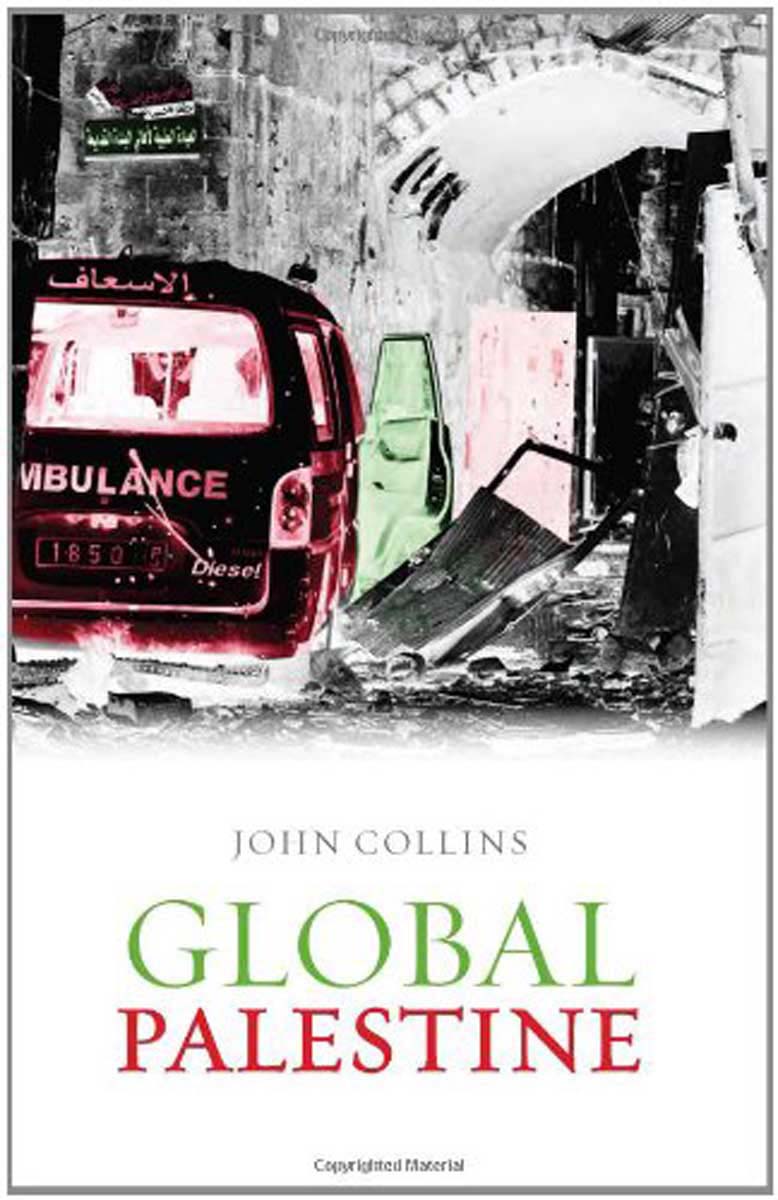PB:
17.99 GBP
QTY:
Categories:
Global Palestine
For sale in CIS only!
"Global Palestine" offers a unique perspective on one of the world's most enduring political controversies by exploring a deceptively simple question: what does Palestine mean for the globe? The book begins from three overlapping premises. First, contemporary Palestine is the site of an ongoing project of settler colonisation. Second, as a growing movement of international solidarity indicates, Palestine's global importance seems to be increasing in inverse proportion to the amount of territory actually controlled by Palestinians. Third, understanding why and how Palestine matters globally requires situating the "local" struggle over Palestine in relation to a series of global processes that shape the conditions within which all of us live our lives, including the four processes that underpin this book: colonisation, securitisation, acceleration, and occupation. Far from simply being influenced by these processes, Palestine has served as a laboratory for many of them, pushing them forward in profound ways, and Collins' analysis reveals clues to a series of emerging global conditions. Approaching Palestine in this way enables us to take a fresh look at the world's politics of violence, resistance, and solidarity from the perspective of what Walter Benjamin called 'the tradition of the oppressed.
"Global Palestine" offers a unique perspective on one of the world's most enduring political controversies by exploring a deceptively simple question: what does Palestine mean for the globe? The book begins from three overlapping premises. First, contemporary Palestine is the site of an ongoing project of settler colonisation. Second, as a growing movement of international solidarity indicates, Palestine's global importance seems to be increasing in inverse proportion to the amount of territory actually controlled by Palestinians. Third, understanding why and how Palestine matters globally requires situating the "local" struggle over Palestine in relation to a series of global processes that shape the conditions within which all of us live our lives, including the four processes that underpin this book: colonisation, securitisation, acceleration, and occupation. Far from simply being influenced by these processes, Palestine has served as a laboratory for many of them, pushing them forward in profound ways, and Collins' analysis reveals clues to a series of emerging global conditions. Approaching Palestine in this way enables us to take a fresh look at the world's politics of violence, resistance, and solidarity from the perspective of what Walter Benjamin called 'the tradition of the oppressed.
About the author
John Collins is Associate Professor and Chair of Global Studies at St Lawrence University, New York. He is the author of "Occupied By Memory: The Intifada Generation and The Palestinian State of Emergency" (NYU Press, 2004) and co-editor, with Ross Glover, of "Collateral Language: A User's Guide to America's New War" (NYU Press, 2002). His articles and reviews have appeared in the Journal of "Palestine Studies", "Social Text", "Globalizations", and "Middle East Report", among others. He holds a PhD in Comparative Studies in Discourse and Society from the University of Minnesota, where he was a MacArthur Scholar.


